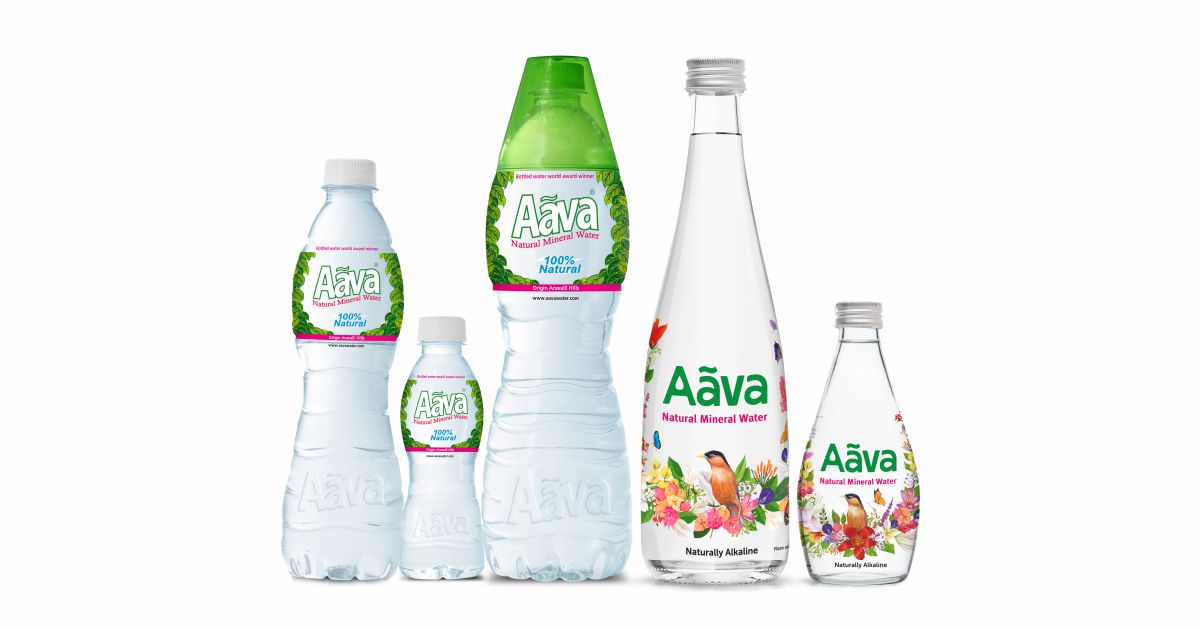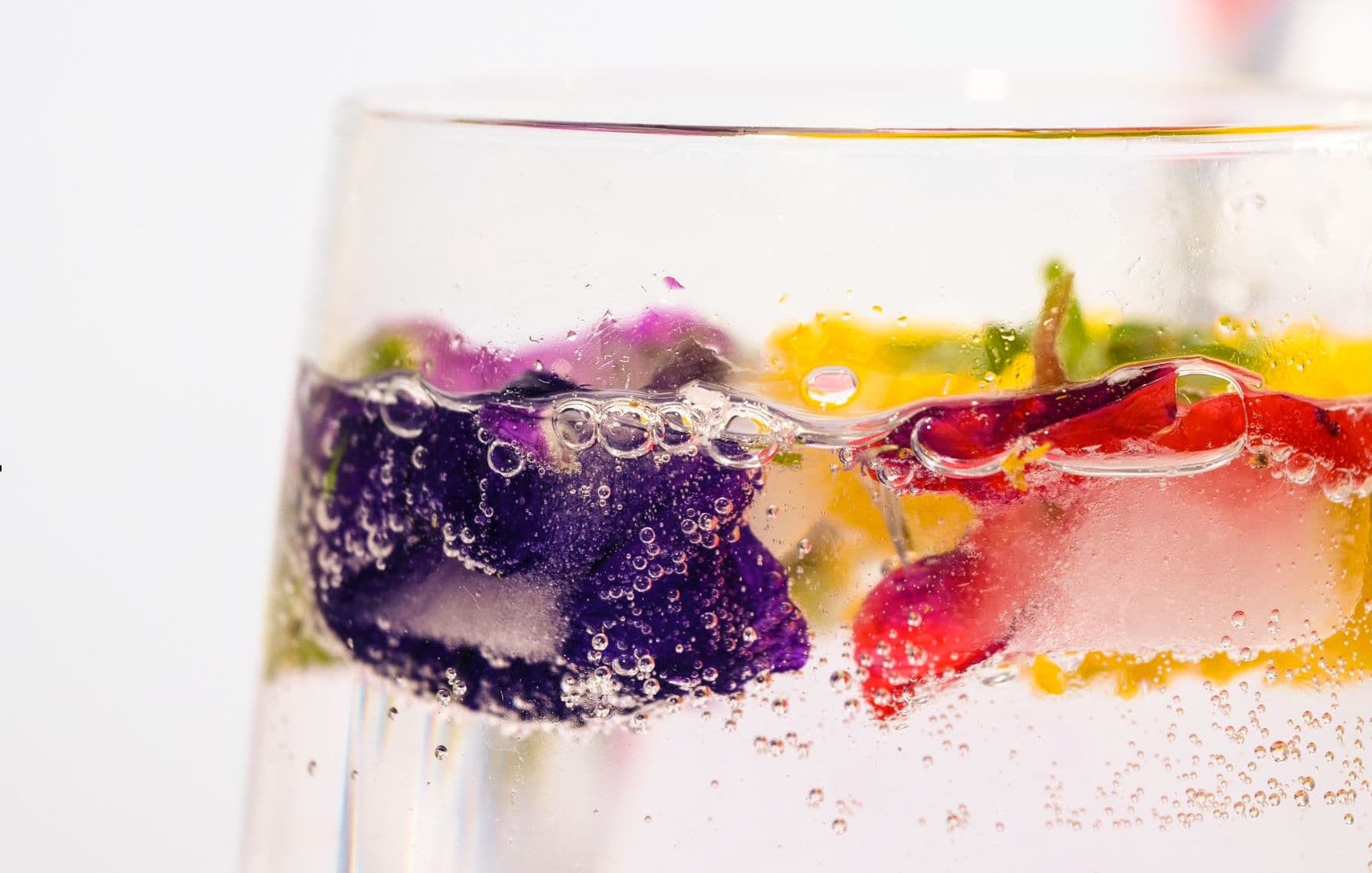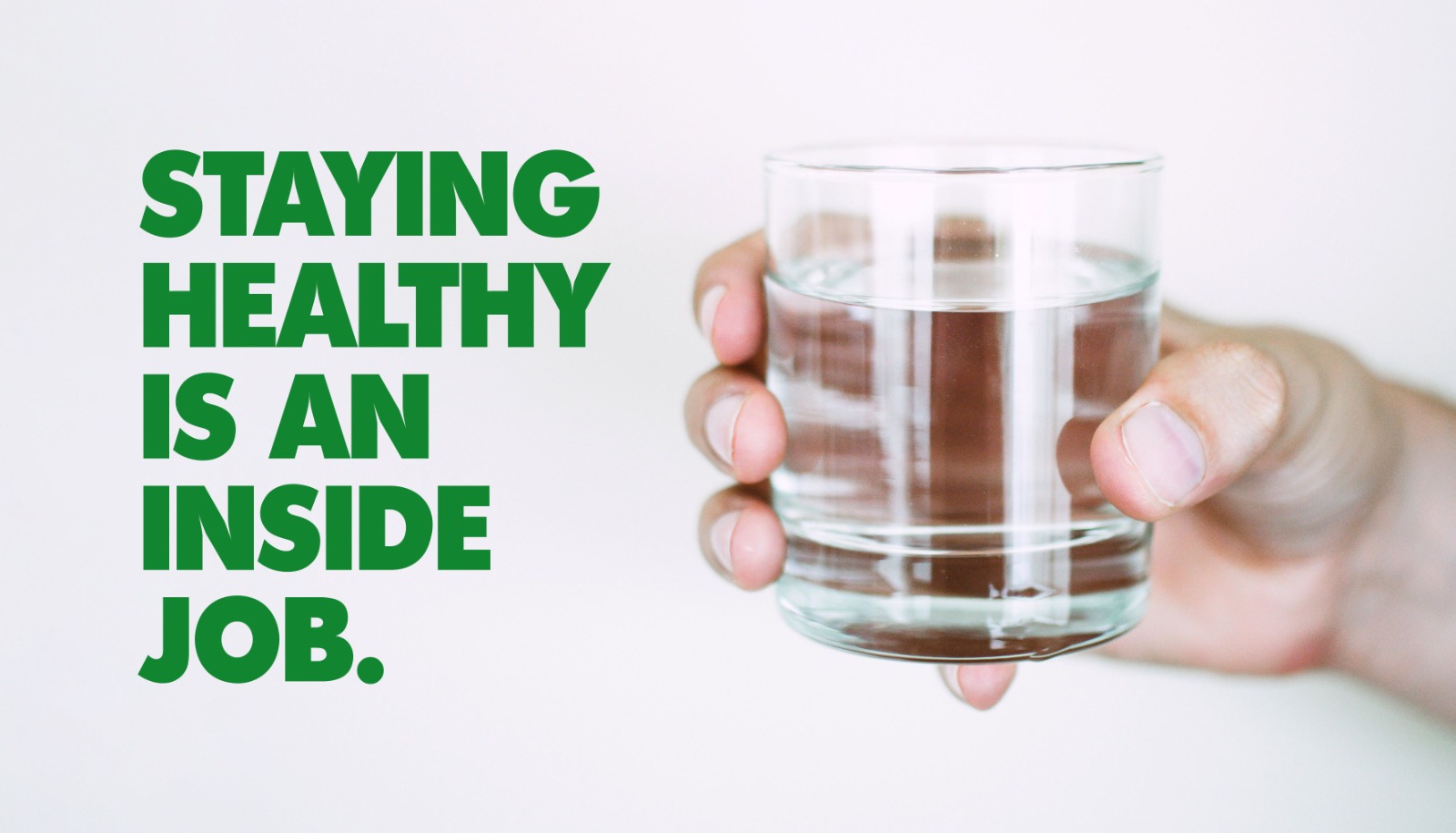Everything You Need to Know About Naturally Alkaline Mineral Water

Have you heard about alkaline water? A quick google search will show you many celebrities, athletes and nutritionists endorse alkaline water for its many health benefits. But is all alkaline water the same? Read on to know why you should choose naturally alkaline mineral water like Aava.
What is alkaline water?
Drinking water usually has a neutral pH of 7, whereas alkaline water has a pH closer to 8. This pH can either be found in nature or made alkaline via a machine. It is also essential to note that it is not just pH that makes a water alkaline, it's the presence of naturally occurring minerals. Calcium, magnesium and potassium are some alkaline minerals found in water.
When waters like Aava, pass through layers of rocks, clay and alluvium they acquire naturally occurring minerals such as calcium, magnesium, sodium, silica, bicarbonates and other essential electrolytes.This enrichment is a natural phenomenon, not dependent on any machine. Aava's mineral composition of 280-320 TDS raises its pH naturally to 8 which makes its a 100% naturally alkaline mineral water.
Majority of the alkaline water brands available today are ionized alkaline mineral water. RO purified water is put through a machine called an ionzier that splits apart the water molecule into hydrogen ions and hydroxide ions with electricity to artificially raise the pH.
Alkaline water is healthy only when it is naturally alkaline.
If you are conscious about what you eat, then you should care about the water that you drink too. Did you know that natural mineral water is a bioavailable source of essential natural minerals? We don't manufacture minerals in our body, we get them from our diet. In fact studies show how the bioavailability of minerals from natural mineral water like Aava is good and can be compared with the values derived from milk. Aava's balanced natural composition of calcium, magnesium, sodium, silica, bicarbonates, sodium and alkaline pH 8 top up the health-boosting mineral reserves you ingest through a balanced diet. These minerals go a long way to protect heart health, mood and memory function, benefit bone density, aid digestion, reduce acidity, and could help prevent deficiencies that cause diseases such as osteoporosis, especially when supplemented with the right nutrition. Naturally alkaline mineral water that's obtained from a protected natural source with a unique minerality and pH close to 8 does not require purification processes such as RO or processes such as ionization.
Did you know that RO (Reverse Osmosis) causes approx 75% water rejection? For every litre of water that's purified using RO, two or more litres of water is wasted. Apart from this, RO also completely demineralises water, stripping it of healthy minerals while removing the impurities. RO purified water that's put through an ionizer is known as ionized alkaline water. Even if minerals are re-added to ionized alkaline water, studies show that, almost none of the commonly used methods to remineralise water after purification can be considered adequate to positively impact health. In fact, the World Health Organisation has cautioned against drinking demineralised and RO water with a low mineral content.
What mineral water should you drink in India?
If you are consuming mineral water in India, check for the ISI mark or BIS certification. If your bottled water carries an IS 13428 license it is a certified natural mineral water like Aava water is. Aava naturally alkaline mineral water with a unique minerality and alkalinity is bottled with zero water rejection. This makes it healthy for you and also healthy for the environment. Every time you choose Aava, you are making a choice to healthy, save water and paving the way for a conscious future.

28/02/2023
Aava Sparkling Water vs Soda Water - What is the Difference?
Aava Sparkling Water can actually help your hangovers since it contains naturally-occurring minerals and electrolytes. Zero sugar, Zero calories, just feel good fizzz and zero guilt.

07/04/2023
On World Health Day, know the Value of Water for your Wellness.
Drinking water should contain natural minerals & carbonates like Aava does, because these nutrients are essential for wellness. Drinking demineralised water everyday is not considered ideal as per the World Health Organisation.


